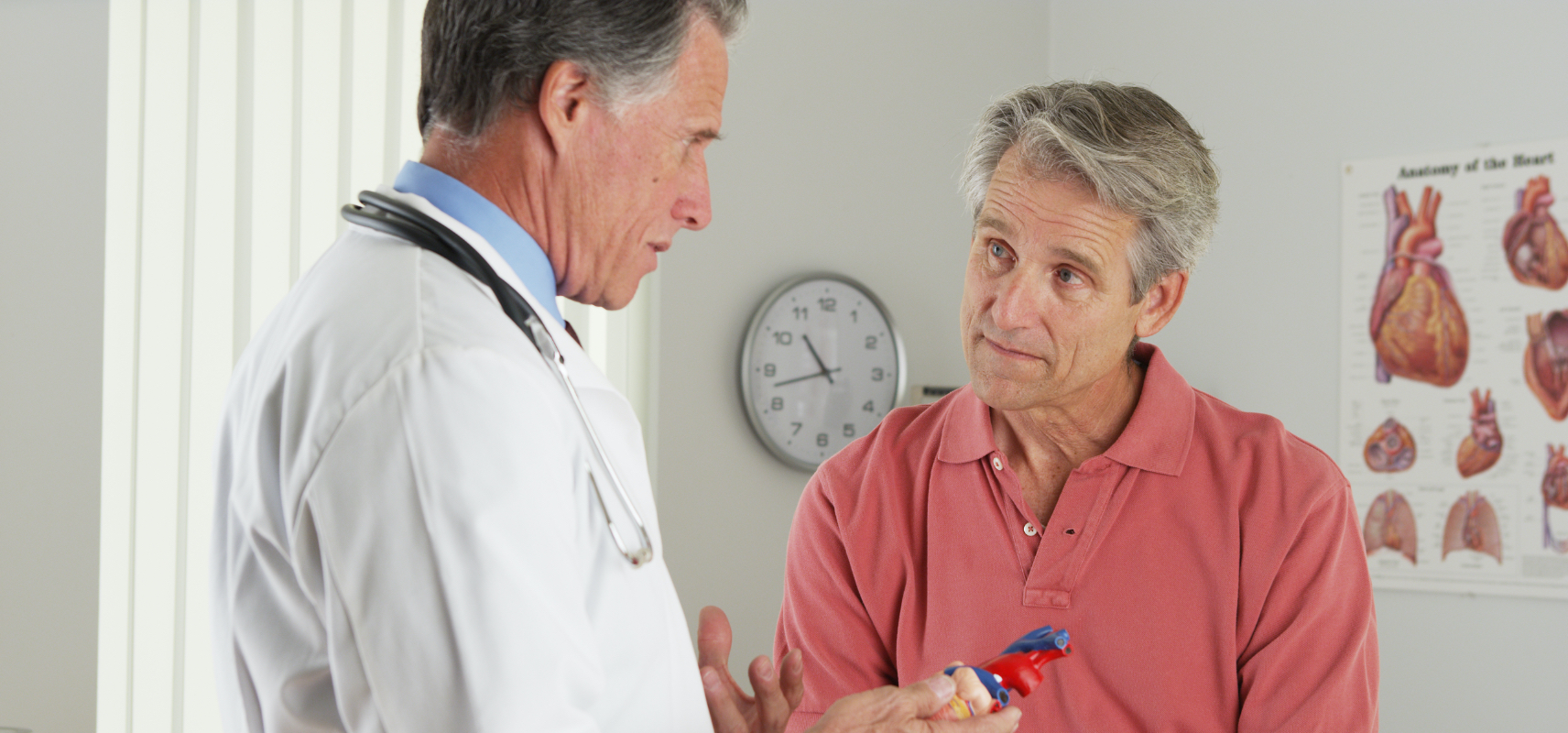

A lot has changed with the way we perceive exercise today. Advancements in science and technology have allowed us to gain insight into many benefits of being active on the mind and body.
Now, health institutions, like WHO, recommend at least 150–300 minutes of exercise weekly for a healthy heart, lungs, muscles, and other bodily systems. Studies from all around the world prove the positive effects of being active on depression, anxiety, and self-esteem.
If you want to improve your mental and physical health, here are the best outdoor activities for people of all sizes, genders, and ages.
- Yoga
Yoga uses special breathing, meditation, and poses that can improve your muscles, joints, and posture. It helps you lower the stress hormone levels and keep your stress under control, lowering so the risks of heart diseases, cancer, diabetes, and other serious conditions. Because of combining controlled breathing and meditation, you will feel calm, focused, and more self-aware.
Take advantage of a porch, garden, or balcony to place a mat and do 20-minute stretching in the morning. It will give you a boost of energy, get the blood flowing, and make your day more productive. You can even join a yoga group in your local park and meet other enthusiasts for this Indian exercise.
- Running
Running may not be an activity for everyone because of its high-impact properties, but it brings a lot of benefits to the heart, lung, and bone health of runners. A heart study from the Netherlands showed that running for 30 minutes, five days a week can prolong your life. If you are interested in running, start with walking and build your endurance slowly to avoid injuries.
This cardio exercise can help you lose weight by burning a significant amount of calories while toning your muscles at the same time. It has an anti-depressive effect, known as “runner’s high” — increased production of endorphins caused by exercise. There is also evidence that part of the brain responsible for memory and learning, the hippocampus, can expand in regular runners.
- Swimming
Going to the seaside, camping by the river, or picnic at the lake will allow you to swim, an activity that includes the entire body. Because of this, regular swimming can tone muscles, build endurance, and improve blood flow by speeding up the heart rate. According to CDC, swimming can help if you suffer from a chronic illness, like arthritis, asthma, and multiple sclerosis (MS).
Just like any workout, swimming can boost your mood and help you manage stress by stimulating the production of feel-good hormones. Moreover, since it’s an aerobic exercise, it can improve sleep, especially if you suffer from insomnia, based on a 2011 study, leading to better mental and physical health.
- Walking
Solo, with your pet, friends, partner, or family — walking is a comfortable activity that will boost your creativity, serotonin, and problem-solving. If you want to lose weight, then walking uphill is better since it will burn more calories, 350–550 in an hour to be precise. Also, this is a way to tone your legs and bring more strength to the upper body muscles.
It can make your heart stronger, normalize your blood pressure, and lower blood sugar if you take at least a 15-minute walk every day. Because your circulation will get faster, more oxygen and nutrients will travel through the blood to your organs and tissues.
- Kayaking
Kayaking is a sport you can do alone or with a company, offering a great way to build upper-body strength and be more socially active. If you spend most of the day sitting down, kayaking can strengthen your back muscles and arms, improving your spine and neck state.
Time in the sun will stimulate the production of vitamin D and happiness hormone serotonin, while water may calm your mind. With almost 500 calories burned per hour, this may also be one of the best outdoor activities to control your weight.
- Surfing
Another water activity, surfing can do a lot for your mental health, especially if you suffer from PTSD. It provides a perfect environment to relax and forget your troubles, while at the same time brightening up your mood. The moment you enter the water you will feel relieved and relaxed because you are away from your phone and all the information you are exposed to every day.
Besides helping you master coordination and flexibility, surfing can strengthen your back and improve your posture. Paddling, swimming, and balancing on the board will introduce cardio into surfing, enhancing your heart health and musculoskeletal system.
- Cycling
As a low-impact aerobic activity, cycling will go easy on your joints while at the same time making you more fit. Beginners should always wear bike helmets and cycling shoes to avoid injuries, although this equipment is recommended to everyone.
Your bike can be meant to get to work, for recreational activity, or become part of your weight management regimen. Because it improves your core muscles, you will have a better posture, stability, and stronger abdominal muscles. Focus on the road and your surroundings will bring you back to the present, lessening the symptoms of anxiety and depression, as well as stress.
- Hiking
Hiking may be similar to walking, but it will take you over some rough terrains and deep into nature. You burn as much as 900 calories per hour depending on your speed and trail grade. Being exposed to greenery, mountainous landscapes, and waterways bring much more benefits to emotional stability, anxiety, and depression than an indoor cardio activity.
When it comes to keeping your hikes safe, make sure to bring enough water, the right food, proper shoes, and clothing. Hiking and camping go hand in hand, so you can spend the nights under the stars and enjoy the relaxing sounds of nature.
- Tai Chi
Tai chi consists of slow motions based on martial arts movements intended to help you gain emotional and physical benefits. Practicing in the park or your garden can enhance its properties to reduce stress and anxiety. Since this exercise also uses special breathing, it will stimulate the production of mood-regulating hormones, helping you manage depression.
Older adults may experience improved cognitive function, like memory, awareness, and performing complex tasks. A USA study showed that tai chi can mitigate pain in people with osteoarthritis, increasing their quality of life.
- Paddling
Paddling is more observed as a recreational activity, but besides having lots of social benefits, it’s also great for your body. As a low-impact outdoor activity, you don’t need any preparations to paddle, but it will build up your joint and muscle strength. With the possibility to burn hundreds of calories, you may experience weight loss if you paddle regularly and pay attention to diet.
Unlike kayaking, you can paddle in a canoe or a boat, alone or with others, regardless of your age and gender. This is one of the best activities for families, inspiring your kids to take a break from their phones and concentrate more on their relationship with you.
Lastly
While exercising may not come easily for everyone, choosing one of these outdoor activities can make it fun and more attractive. The key to improving your mental and physical health is choosing the right activity for you that will inspire you to do it routinely.




